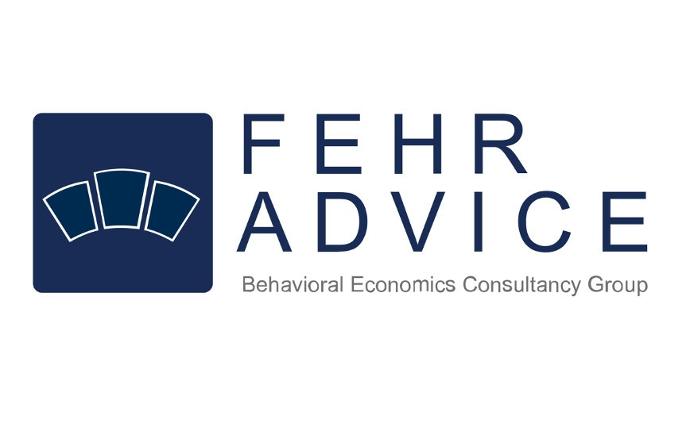Academy of Behavioral Economics 2020
Trust and Facts: Better Decisions in an Age of Growing Populism
Trust and Facts: Better Decisions in an Age of Growing Populism
The world is becoming increasingly faster, more digital, more complex and therefore less secure–at least in terms of perception. This increases the need for simple and intuitive solutions, but there is a danger this need will be abused for economic and political purposes. Management and politics need to learn fast and find answers to changing customer needs, climate change, an ageing society and other major societal challenges. Behavioral Economics regards uncertainty and complexity in society as market opportunity, rather than risk.
What tools do we have to achieve this?
At the Academy of Behavioral Economics 2020, leading international experts and business practitioners will provide an insight into the Behavioral Design Toolbox; the event will be inspiring, thought-provoking, and economically and politically relevant for all participants.
Cooperation and Feedback
Cooperation and networks are crucial to mastering major global challenges like climate change and wars. But they are also essential for companies seeking to prepare for an increasingly competitive environment.
- How does cooperation develop; how can it be used, promoted, and stabilised?
- What does cooperation achieve in an entrepreneurial context?
- How can Behavioral Tech make cooperation scalable?
Factfulness and Debiasing
Many of our assumptions regarding the world are biased and incorrect, leading us to make faulty decisions. In a world of bias reinforced by social media, factuality is one of the essential tools for making correct decisions.
- How is debiasing possible in a global and entrepreneurial context?
- Which strategies and approaches from behavioral economics can contribute to this?
Lies and Truth
The Academy of Behavioral Economics 2020 outlines strategies for finding facts and data, but also for dealing with liars, fake news, and deceivers. This strategy helps enable better decisions and more successful negotiations. These include reciprocity, the right questions, data handling, behavioral design, and artificial intelligence.
In addition, FehrAdvice & Partners AG will conduct the Behavioral Economics Summer School on 4 June 2020. This provides the unique opportunity to design and review evidence-based prototypes with the top management of other companies and industries. The inspiration for event day is the Behavioral Design approach of FehrAdvice & Partners AG, which introduces experimentation in a simple, intuitive way. Find out how knowledge about human behavior and design can improve your results in an increasingly digital world.
ReferntInnen

Eyal Winter
Israel
Professor of Economics at the Hebrew University of Jerusalem and Lancaster University. Winter's research interests lie on Experimental and Behavioral Economics as well as on Game Theory and Microeconomic Theory. He has received several awards for his work, including the Humboldt Prize in 2011.

Mirjam Bamberger
Switzerland
Head Customer Experience & Strategy, Executive Board, Axa Winterthur. Before joining Axa Winterthur in 2014, Bamberger held executive HR positions in various companies, including Sulzer Metro and Oerlikon. In addition to her current activities, Bamberger holds several board mandates.
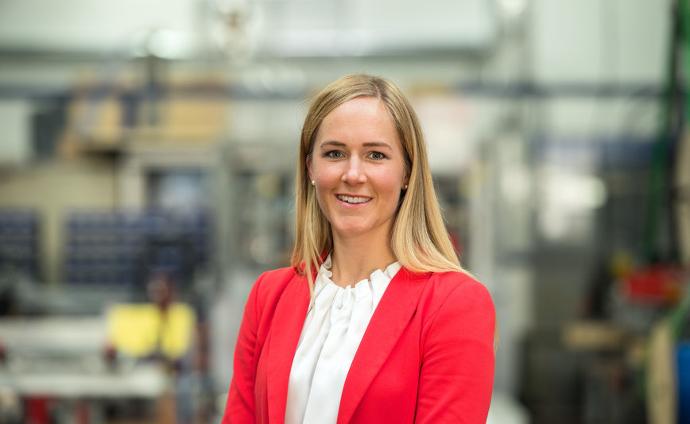
Daniela Ebner
Austria
Director Manufacturing, Quality and Operational Excellence, Alpla Plants. After graduating from the Faculty of Economics and Business Administration at the University of Leoben, Ebner joined Alpla Werke in 2008. Here, she held various positions in the field of business optimization.
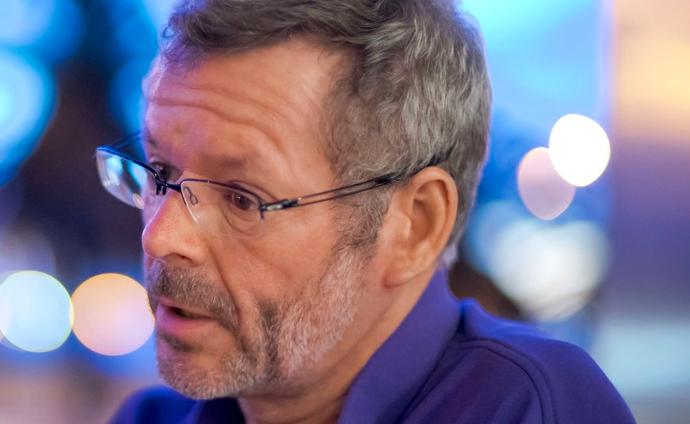
Peter Bossaerts
Australia
Professor of Experimental Finance & Decision Neuroscience at the University of Melbourne. Bossaerts is considered one of the most important experts in empirical finance. He has published numerous scientific articles in renowned journals.
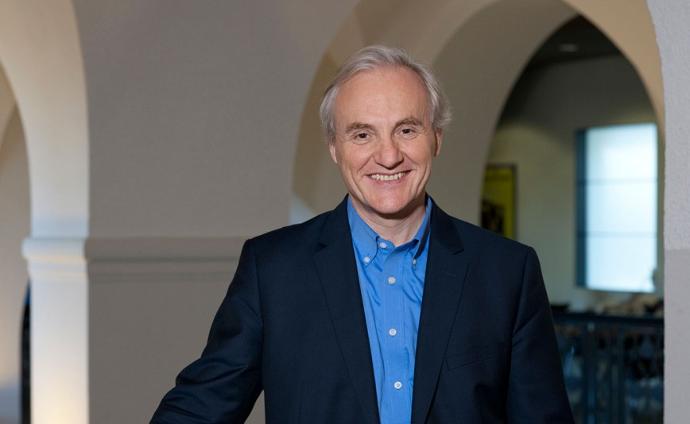
Ernst Fehr
Switzerland
Professor of Microeconomics and Experimental Economics. Fehr is director of the Department of Economics at the University of Zurich and a member of the board of directors of FehrAdvice & Partners. The “most influential Swiss economist” (NZZ) was recipient of the Gottlieb Duttweiler Prize in 2013.
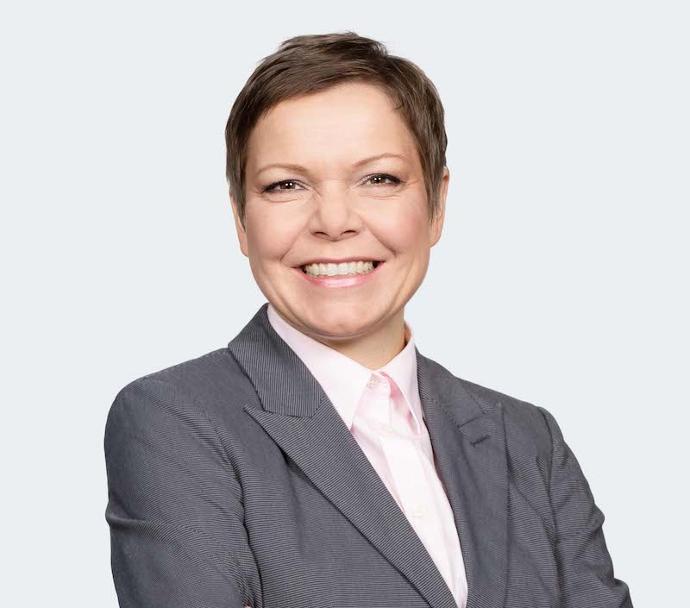
Antje Kanngiesser
Switzerland
Member of the Executive Board, Vice President Group Markets and Services, BKW. In her function, Kanngiesser is responsible for electricity sales and energy services as well as key group-wide topics such as digital customer platforms, business services, regulation, market analysis and legal issues. She holds a PhD in law.
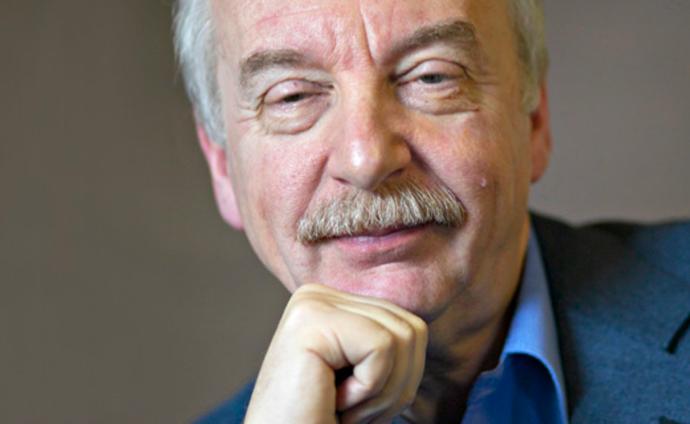
Gerd Gigerenzer
Germany
Director emeritus at the Max-Planck-Institut für Bildungsforschung and director at the Harding-Zentrum für Risikokompetenz. His books «Gut Feelings» and «Rationality for Mortals» have been translated into 18 languages and awarded worldwide. His new book translates «Risk: Hot to make the right decisions».
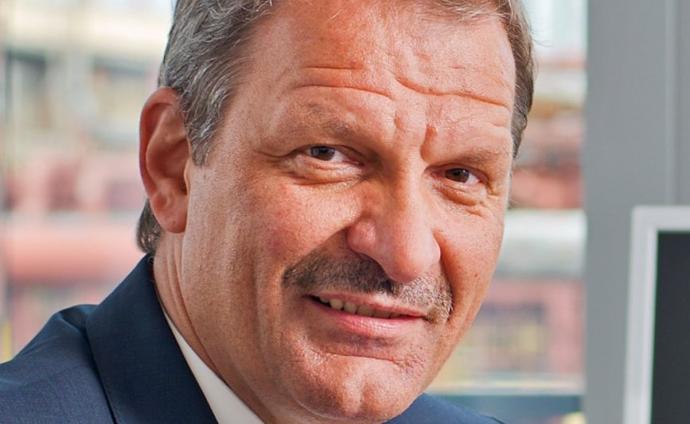
Hans Peter Noll
Germany
Chairman of Stiftung Zollverein. Noll was previously Managing Director of RAG Montan Immobilien. He has lectured at several German universities and was appointed honorary professor at the Ruhr-University Bochum in 2000. In his various activities he has dealt intensively with the structural change of the Ruhr area.

Michel Maréchal
Switzerland
Professor of Experimental Economics, University of Zürich. Maréchal's research is interdisciplinary and crosses the boundaries of economics to social psychology, finance, political science, criminology, and biology. His current research projects cover topics like honesty, employee motivation, business culture and unethical behavior, as well as context-dependence in economic preferences. The Economist, BBC, New York Times, Harvard Business Review and other media outlets featured his research.

Bernhard Soltermann
Switzerland
Managing Director, AMAG Import AG. Soltermann has been working in the automotive industry for more than 20 years. In his current position, he is responsible for the strategic planning and operational implementation of AMAG's wholesale business in Switzerland.
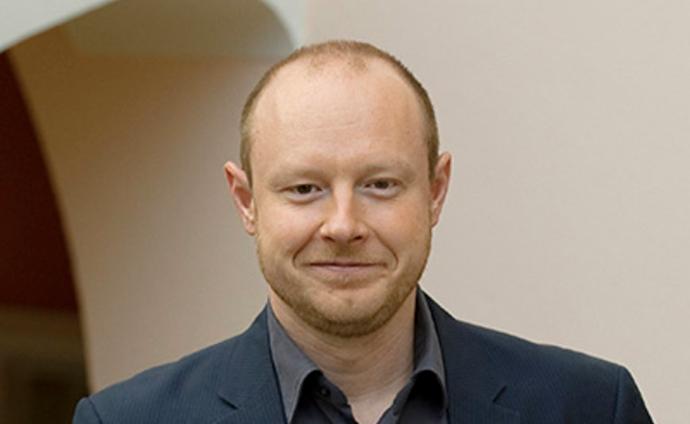
Christian Ruff
Switzerland
Professor of Neuroeconomics and Decision Neuroscience at the Department of Economics of the University of Zurich. In his research, Ruff studies human motivation, decision-making, and learning with the aim to develop models that can be used to explain and predict choices and social behavior across many diverse contexts.
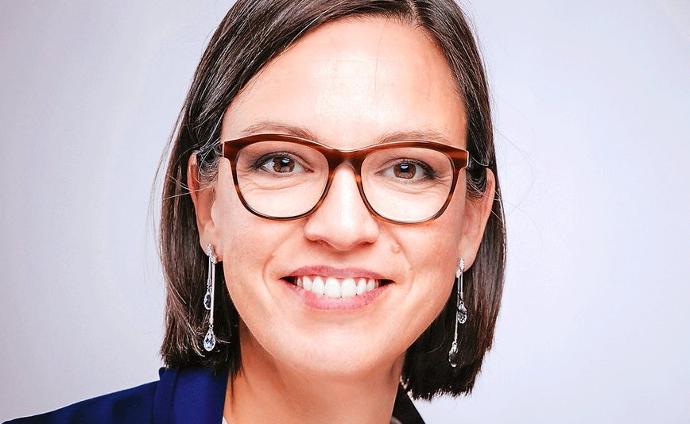
Esther-Mirjam de Boer
Switzerland
CEO and co-owner, GetDiversity. The company strives to convey diversity into boards of directors and management. De Boer is an active shareholder and works as a board member in several companies, columnist for "Handelszeitung," and lecturer.
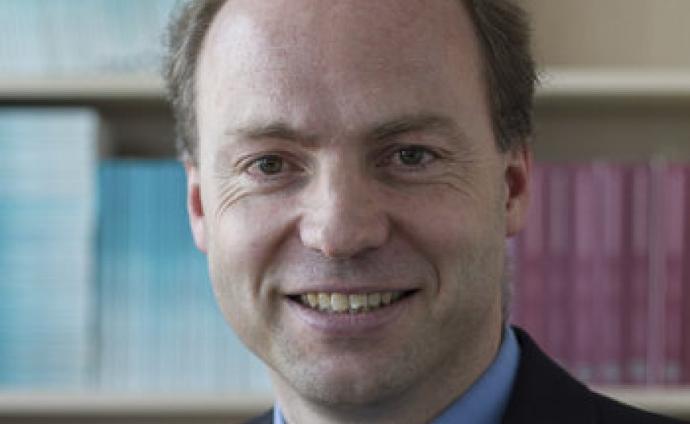
Matthias Sutter
Germany
Director at the Max Planck Institute for Research on Collective Goods, Professor of Experimental Economics at the Universities of Innsbruck and Cologne. Sutter is one of Europe’s most well-known researchers on the subject. His research focuses heavily on group decision making and the question of how economic decision-making behaviour changes in adolescence. Website
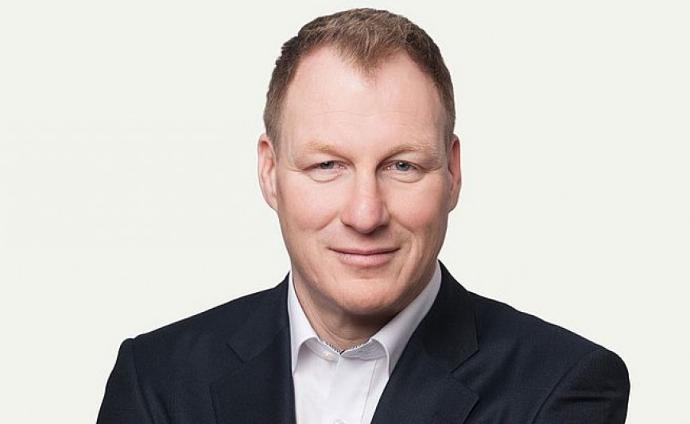
Gerhard Fehr
Switzerland
CEO and Executive Behavioral Designer at FehrAdvice & Partners. Fehr advises politicians, board members, CEOs and top managers of large companies. Fehr graduated from the University of Vienna with a degree in business administration and has more than 10 years of management experience.
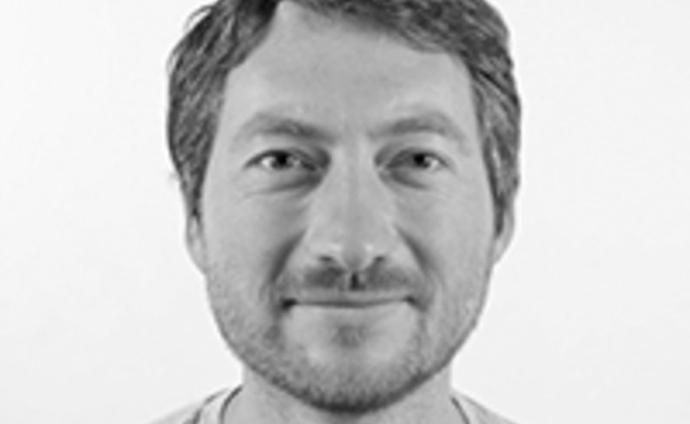
Johannes Haushofer
USA
CEO and Executive Behavioral Designer at FehrAdvice & Partners. Fehr advises politicians, board members, CEOs and top managers of large companies. Fehr graduated from the University of Vienna with a degree in business administration and has more than 10 years of management experience.
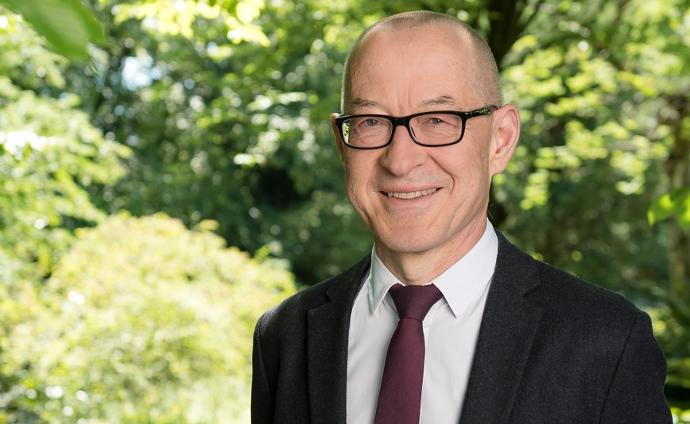
David Bosshart
Switzerland
CEO and Executive Behavioral Designer at FehrAdvice & Partners. Fehr advises politicians, board members, CEOs and top managers of large companies. Fehr graduated from the University of Vienna with a degree in business administration and has more than 10 years of management experience.
Moderator
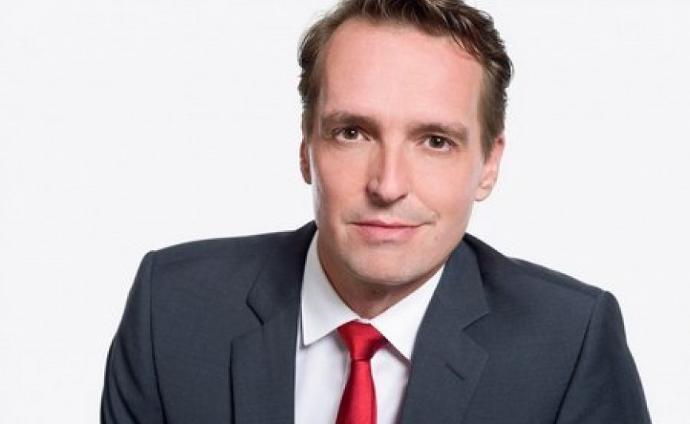
Florian Inhauser
Switzerland
Journalist and moderator. Florian Inhauser presents the main newscast at Swiss Broadcasting Corporation, SRF and he is also the anchor of the foreign news magazine «#SRFglobal». With a master in history and anglistics he speaks English fluently. He has also an excellent reputation as an international correspondent, covering conflicts and crises around the globe.
Programme
08.00
Welcome Coffee
08.30
Welcome and introduction by Florian Inhauser, SRF (Moderator)
Interview with David Bosshart (CH), CEO, Gottlieb Duttweiler Institute
Moderation: Florian Inhauser
Gerhard Fehr (CH), CEO and Executive Behavioral Designer, FehrAdvice & Partners
and
Matthias Sutter (AT / DE), Director at the Max Planck Institute for Research on Collective Goods, Professor of Experimental Economics, Universities of Innsbruck and Cologne
Intro: Trust and Facts: Better decisions in an age of growing populism
Session I: «How uncertainty changes our behavior – and how we can deal with it»
09.15
Johannes Haushofer (US), Assistant Professor of Psychology and Public Affairs, Princeton University
Uncertainty and Scarcity: Experiments as a tool for better decisions in an environment of scarcity
Michel Maréchal (CH), Professor of Experimental Economics, University of Zurich
Uncertainty and Honesty: Does the crisis change us to become liers?
10.20
Break
10.50
Christian Ruff (CH), Professor of Neuroeconomics and Decision Neuroscience at the Department of Economics, University of Zurich
Good Leadership for uncertain times
Mirjam Bamberger (CH), Head Customer Experience and Strategy, Executive Board, Axa Winterthur
Applying Behavioral Design for a better customer experience
Daniela Ebner (AT), Director Manufacturing, Quality and Operational Excellence, Alpla Werke
Operational excellence as a chance for a more and more uncertain world
Panel discussion Gerhard Fehr, Christian Ruff, Mirjam Bamberger and Daniela Ebner
Implications for practice
12.30
Flying lunch
Keynote
14.00
Eyal Winter (IL), Professor of Economics, Hebrew University of Jerusalem and Lancaster University
Politics, Rationality & Emotions: Why Emotions Help us as Individuals, But Fail on us as Groups
Session II: «How Behavioral Design enables success – insights from practitioners»
14.35
Antje Kanngiesser (CH), Member of the Executive Board, Vice President Group Markets and Services, BKW
Customer centricity in the energy branch
Panel discussion with Bernhard Soltermann, Esther-Mirjam de Boer and Antje Kanngiesser
Behavioral Tools in practice
15.40
Break
Session III: «Is less more? Overcome complexity with behavioral insights»
16.10
Matthias Sutter (AT / DE), Director at the Max Planck Institute for Research on Collective Goods, Professor of Experimental
Passion and Uncertainty
Peter Bossaerts (AU), Professor of Experimental Finance & Decision Neuroscience at the University of Melbourne
Uncertainty and Complexity: How to deal with a world of growing complexity
Gerd Gigerenzer (DE), Director emeritus at the Max-Planck-Institut für Bildungsforschung, director at the Harding-Zentrum für Risikokompetenz
Uncertainty and Heuristics: Gut feelings – the intelligence of the unconscious
Gerhard Fehr (CH), CEO and Executive Behavioral Designer, FehrAdvice & Partners
and
Matthias Sutter (AT / DE), Director at the Max Planck Institute for Research on Collective Goods, Professor of Experimental Economics, Universities of Innsbruck and Cologne
Outro: Trust and Facts: Better Decisions in an Age of Growing Populism
Dinner-Session
from ca. 18.30
Ernst Fehr (CH), Professor of Microeconomics and Experimental Economics, University of Zurich
Institutions, trust and cooperation in the age of uncertainty
Information
Date
29 January 2020
Language
German/English (no simultaneous interpretation)
Changes to the programme
The programme is subject to change. If an event does not take place, fees will be refunded. Further claims are ruled out.
Cancellation
If you are unable to attend, please let us have your cancellation in writing. The fee will be reimbursed on cancellation thirty or more days before the event. After this term and until five full working days prior to the event we will charge 75% of the fee. In the event of later cancellations we will charge the full participation fee. Substitute participants welcome.
Hotel reservation
Hotel Sedartis, Thalwil: info@sedartis.ch
Hotel Belvoir, Rüschlikon: info@hotel-belvoir.ch
Venue
Fees
Early Bird Special incl. Summer School: CHF 2250 (up to 17 November 2019)
Early Bird Special excl. Summer School: CHF 1900 (up to 17 November 2019)
Full price incl. Summer School: CHF 2850 (from 18 November 2019)
Full price incl. Summer School: CHF 2850 (from 18 November 2019)
The conference fee has to be paid in advance and includes all food and beverages (including VAT), except accommodation. Participants registering less than two weeks before the event can pay by credit card only.
Terms and Conditions (PDF)
TeilnehmerInnenliste
Documentation
Testimonials
Über die Academy of Behavioral Economics
Die Academy of Behavioral Economics richtet sich an Entscheider, Denker und Berater aus Wirtschaft, Politik und Gesellschaft und wird in Kooperation mit dem Beratungsunternehmen Fehr Advice durchgeführt. Die Academy gewährt Einblicke in die Rolle des nur beschränkt rationalen, menschlichen Verhaltens sowie dessen Konsequenzen für Unternehmen, Märkte und Gesellschaft. Dank Impulsreferaten der weltweit führenden Verhaltensökonomen, welche in einmaligem Rahmen ihre aktuellsten Forschungsergebnisse vorstellen, und Persönlichkeiten aus Politik, Wirtschaft und Verbänden erfahren die Teilnehmenden, wie ihr eigenes Verhalten sowie jenes ihrer Mitarbeitenden und Partner die Performance von Organisationen beeinflusst.
Vergangene Konferenzen
Academy of Behavioral Economics 2020
Trust and Facts: Better Decisions in an Age of Growing Populism
Academy of Behavioral Economics 2019
Bessere Entscheidungen im Zeitalter von Künstlicher Intelligenz
Academy of Behavioral Economics 2021
Remote Leadership: Scientific Evidence, Facts & Solutions
Location
GDI Gottlieb Duttweiler Institute
8803 Rüschlikon
Switzerland
